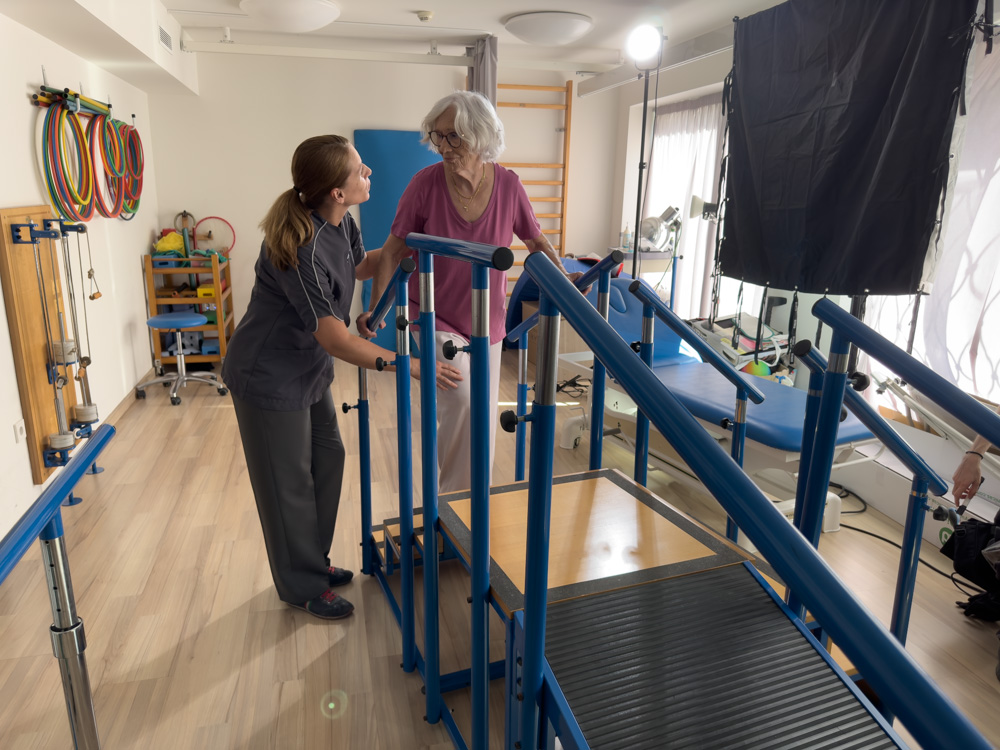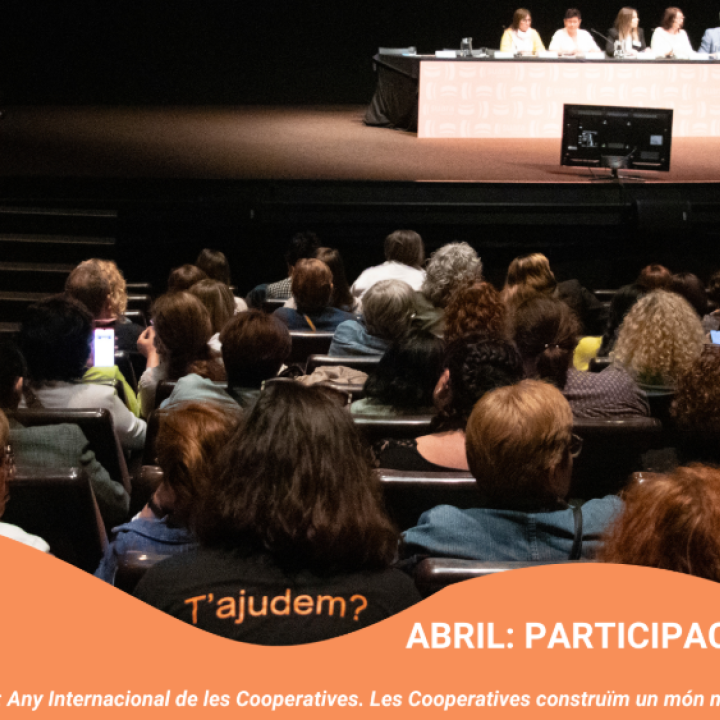The web www.aliura.coop is born, the first portal on dependency in Catalonia, which aims to accompany and help dependent people and their families. The portal concentrates all the reliable and updated information about aids, resources and services related to dependency. And also tools to emotionally manage the process by which a family member becomes dependent.
Aliura is an initiative of Suara Cooperativa, a Catalan non-profit organization with more than 40 years of experience in the care of elderly and dependent people, and promoted by the Department of Enterprise and Labor of the Generalitat de Catalunya through the Singular Project, which aims to generate employment.
According to one of the promoters of the Aliura Platform and director of Digital Transformation at Suara, Àngels Cobo, "we have been observing for many years how thousands of people, especially women, face the process of loss of autonomy of a family member practically alone. This is the origin of Aliura, as a portal where you can find support and information on aid and resources for each stage of the dependency process". In this sense, he explains that "the objective is to improve accessibility to information on the Dependency Law, benefits and other resources. And to accompany in a long process that falls on the family of the dependent person, usually more on women, in an invisible and little recognized way".
Aliura also wants to make visible the importance of care and the enormous demographic and social challenge facing the country if it wants to guarantee a dignified life for 2.5 million elderly people in 2050. Cobo warns that "we must make this challenge a priority and an emergency and promote innovation and public-private collaboration to find solutions".
Information and support
Aliura provides information about dependency, the first symptoms and its evolution. With a close language, it addresses both the dependent person, the caregiver and the rest of family members. It also details the services, aids and resources to promote the autonomy of elderly people who wish to continue living at home but need help. In this section, resources can be found to have a face-to-face accompaniment or through new technologies that, in mild degrees of dependence, can be very useful. For example, smart watches that monitor vital signs, detect falls, have an SOS button and allow the family member to be located quickly, or voice assistants that make calls without the need to manipulate the cell phone, turn lights on or off or remember when to take medication.
In the second section “Away from home”, it includes information on how to manage the moment when it is no longer possible to be at home all day or to continue living and look for resources such as day centers, residences or assisted living facilities. In the section “Aids”, Aliura details all the information on who can access the aids of the Dependency Law and how to do it: how to obtain the recognition of the degree of dependency, what is the average waiting time or what resources are available (telecare, home care, economic benefit, etc.).

The great challenge of the aging population
Today, Catalonia leads the ranking of waiting lists for aid for dependency at the state level, according to data from the Association of Managers and Directors of Social Services. According to Imserso data, 267,442 Catalans have been recognized as entitled to receive a dependency benefit. But more than 25% (68,074) are still waiting for their cases to be resolved. The agency itself calculates that in Catalonia there are more than one million potentially dependent people and that 34.9% have applied for some type of aid.
The situation will be increasingly worrying if we look at demographic projections. According to Idescat (Statistical Institute of Catalonia), there are 1,528,323 people aged 65 and over in Catalonia, representing 19.3% of the population. In the city of Barcelona, they are already 21.3% (349,441) and there are more than 119,000 people over 80 years old.
But according to future projections, in 2040, Catalans over 65 will already account for 26.1% of the population, and in 2050, 28.9% (2,490,039). Likewise, the working-age population will be falling as a result of the drop in the birth rate in recent decades. In 2055, the dependency rate (population aged 65 and over per 100 people aged 15 to 64) will have reached 50%, double that of 2000.
All this calls into question the future sustainability of the current welfare state and calls for urgent reflection on the future of care. The aging of the population will require the long-term care system to be expanded, optimized and transformed.



